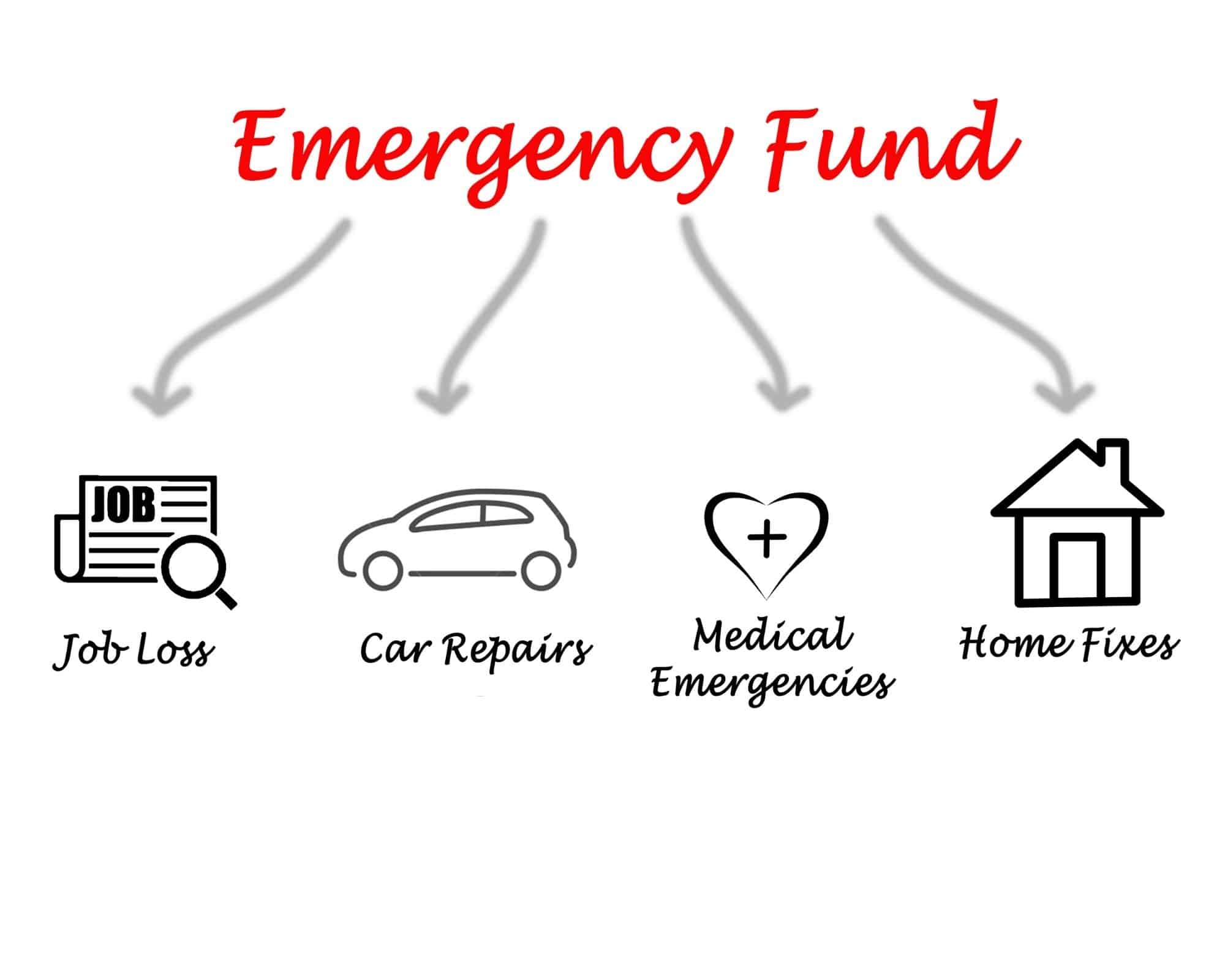2021 – New Year, New Financial Resolutions
Wednesday, Feb 03, 2021
Many people see the turn of a year as an opportunity to set fresh goals and create new habits – especially around their personal financial situation. “I want to get my finances in order, save more, spend less, increase earnings, etc…” we’ve heard it all, but unfortunately for many of us, dedication to our New Year’s resolutions disappears after the first few weeks of January fly by. As you reflect on your goals for 2021, or maybe you still need to set them, see our recent blog post: Understand S.M.A.R.T. Goals and Basic Savings Strategies. Making meaningful change starts with an awareness of where you currently stand and a clearly defined path of where you want to be. Consider committing to the following financial resolutions to improve your overall financial health in 2021.
Commitment #1 – Better Cash Flow Management
Whether you’re fresh out of college or preparing for retirement, controlling your spending is paramount to achieving your goals and having a successful financial plan. What are you saving for? Do you want to retire early? Do you have a goal of being debt free? Effective budgeting and cash flow management is all about having a clear path forward and aligning your resources with your goals and values. It starts by simply understanding the numbers. Income – Expenses = Monthly Cash Flow. If there is money left over at the end of the month, you are living in a surplus. If not, you are living in a deficit. Your budget should be strict but also adaptable enough to ensure you are reaching your goals. Every month might look a bit different. For example, spending typically increases towards the end of the year around the holidays. Or maybe you have 3 kids whose birthdays all fall during the month of June. Regardless, there are many resources available to help manage your cash flow, whether you use online budgeting application like MINT, an excel spreadsheet, or simply just pen and paper, tracking and monitoring your spending on an ongoing basis will help shed light on potential pitfalls as well as opportunities. Simply paying attention, being diligent and tracking your spending consistently will help you make more purposeful decisions.
Commitment #2 – Establish Your Emergency Fund
2020 was a stark reminder that nothing is guaranteed and that we need to be prepared for anything that life could throw our way. Having a properly established emergency fund that is liquid and available at all times to help pay for unexpected expenses is an essential step to creating financial stability. A general rule of thumb is holding somewhere between 3-6 months’ worth of monthly expenses in this account. If you are single living on one income, you should lean towards the longer end of 6 months. If you are married living on dual incomes, having 3 or 4 months’ worth of expenses should be sufficient. Whether the furnace goes out, your car breaks down, or you are in between jobs for a few months, having this cash buffer will help protect you from relying on credit or having to sell volatile investments to squeeze by.
Commitment #3 – Focus on your future
You can borrow money to purchase a vehicle, borrow money to purchase a home but there’s no borrowing money for retirement. The responsibility falls on you and you alone to save money in hopes of retiring while living a lifestyle that you desire. Saving for retirement is hard work and it doesn’t happen overnight. If you want to have options and flexibility in your “Golden Years” you need to start building your nest egg today by leveraging your current income and taking advantage of compound interest. These Basic Savings Strategies will help you ascertain how much money you should be saving and pitfalls to avoid.
Commitment #4 – Increase Your Financial IQ
Financial literacy matters and increasing your Financial IQ is one of the most important things you can do. Money, whether positive or negative, effects your life every day and your Financial IQ effects every decision that you make regarding money. Unfortunately, the lack of financial education has many of us living paycheck to paycheck and incurring loads of debt. There are many ways to increase your financial IQ: pick up a book, listen to financial podcasts, subscribe to online newsletters, or enroll in financial educational classes. The key here is taking the first step, as any step you take towards increasing your financial literacy is a step in the right direction.
It may take a while for your personal finances to reach a level you’re comfortable with, but take it day by day and remember, no matter what your New Year’s resolutions are, focus on the progress, not the end results.






